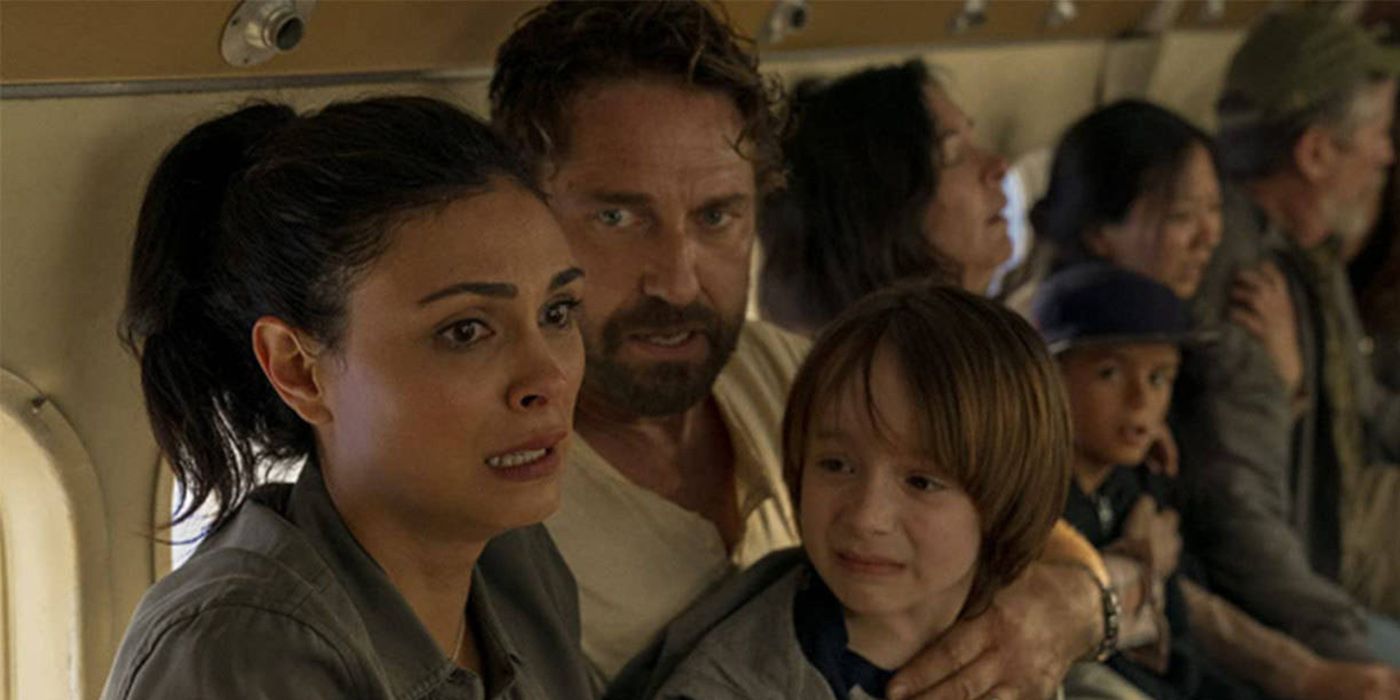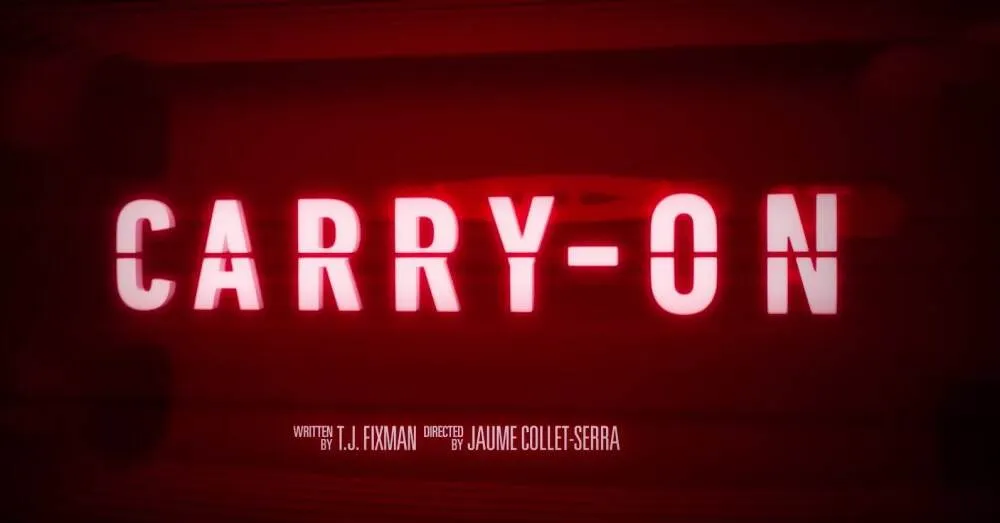Greenland: A Gripping Tale of Survival and Humanity
Greenland is a 2020 disaster thriller film directed by Ric Roman Waugh and starring Gerard Butler, Morena Baccarin, and Roger Dale Floyd. Unlike typical apocalyptic blockbusters that focus heavily on destruction and visual effects, Greenland takes a more grounded and emotional approach to a global catastrophe. The film tells the story of a family’s desperate journey for survival as a planet-killing comet hurtles toward Earth, threatening to wipe out all life.
At the heart of Greenland is John Garrity (Gerard Butler), a structural engineer who is trying to reconcile with his estranged wife Allison (Morena Baccarin) while caring for their diabetic son Nathan (Roger Dale Floyd). The story begins with news of a comet named Clarke approaching Earth. While the world initially believes the fragments will harmlessly pass by, it quickly becomes clear that the situation is far more serious. A large fragment impacts Florida, causing catastrophic damage and revealing that the main comet is on a direct collision course with Earth.

The Garrity family is unexpectedly selected by the government for emergency sheltering, but chaos quickly ensues as millions of desperate people scramble for limited spots in bunkers. Their journey takes them across a collapsing America, filled with panicked crowds, military checkpoints, and moral dilemmas. They are separated, betrayed, and forced to make impossible choices. The suspense builds steadily as they race against time to reunite and reach the final evacuation point in Greenland, where the last surviving bunkers are located.
What sets Greenland apart is its focus on the human element of disaster. Gerard Butler gives a restrained, emotional performance, far removed from his typical action-hero roles. Morena Baccarin shines as a determined and resourceful mother, while Roger Dale Floyd delivers a moving portrayal of a child caught in an unimaginable crisis. The film emphasizes the strength of family, the importance of empathy, and the moral challenges faced during a world-ending event.

Visually, Greenland offers a mix of wide-scale destruction and intimate, grounded scenes. The special effects are impactful but never overused, allowing the emotional tension to remain central. Composer David Buckley’s score adds to the atmosphere, reinforcing the urgency and heartbreak without overwhelming the story.
Critics and audiences praised Greenland for its realistic tone and emotional depth. Rather than glorifying destruction, the film explores how ordinary people respond under extreme pressure. It reflects contemporary anxieties about climate change, political instability, and our reliance on government systems in times of crisis. The film’s ending, while offering hope, does not shy away from the grim reality of mass extinction and the fragility of human civilization.
Greenland stands out as one of the more thoughtful and emotionally resonant disaster films in recent years. It reminds us that survival is not just about strength or luck, but about compassion, unity, and resilience. In a genre often dominated by spectacle, Greenland offers a powerful and human-centered narrative that lingers long after the credits roll.
-1752033345-q80.webp)

-1751964809-q80.webp)
